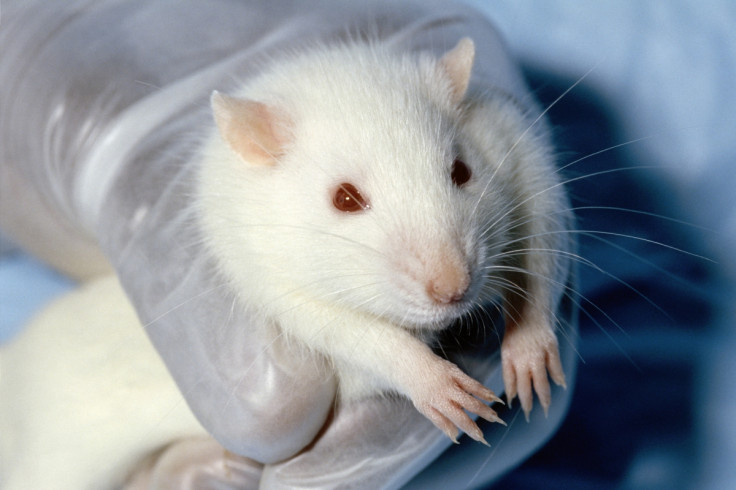Alzheimer's Hope: Lost Memories Restored in Rats by Stimulating Brain Nerve Cells

A potential breakthrough in the treatment of Alzheimer's had been discovered after scientists successfully restored lost memories in rats.
A team of researchers from the University of California, San Diego School of Medicine, managed to erase and reactivate memories to alter the rat's reaction to past events.
Published in the journal Nature, the researchers were able to selectively erase a memory and then restore it by stimulating nerves in the brain at frequencies known to weaken or strengthen connections between nerve cells – or synapses.
The rat's brain had been genetically modified to make it sensitive to light. Scientists optically simulated the group of nerves while simultaneously delivering an electric shock to the creature's foot.
After a short while, the animal learned to associate the optical simulation with pain and displayed fear when these nerves were simulated. Chemical analysis showed changes within the stimulated nerve synapses, suggesting synaptic strengthening.
The researchers then weakened this link by simulating the same nerves with a memory-erasing train of optical pulses, after which the rats were not scared of the optical simulation.
However, the researchers then discovered they could re-activate this erased memory by re-stimulating the same nerves with a high-frequency train of optical pulses. The rats responded with fear despite their feet not being shocked.
Sadegh Nabavi, lead author of the study, said: "We can cause an animal to have fear and then not have fear and then to have fear again by stimulating the nerves at frequencies that strengthen or weaken the synapses."
Roberto Malinow, senior author, added: "We can form a memory, erase that memory and we can reactivate it, at will, by applying a stimulus that selectively strengthens or weakens synaptic connections.
"Since our work shows we can reverse the processes that weaken synapses, we could potentially counteract some of the beta amyloid's effects in Alzheimer's patients."
© Copyright IBTimes 2025. All rights reserved.






















